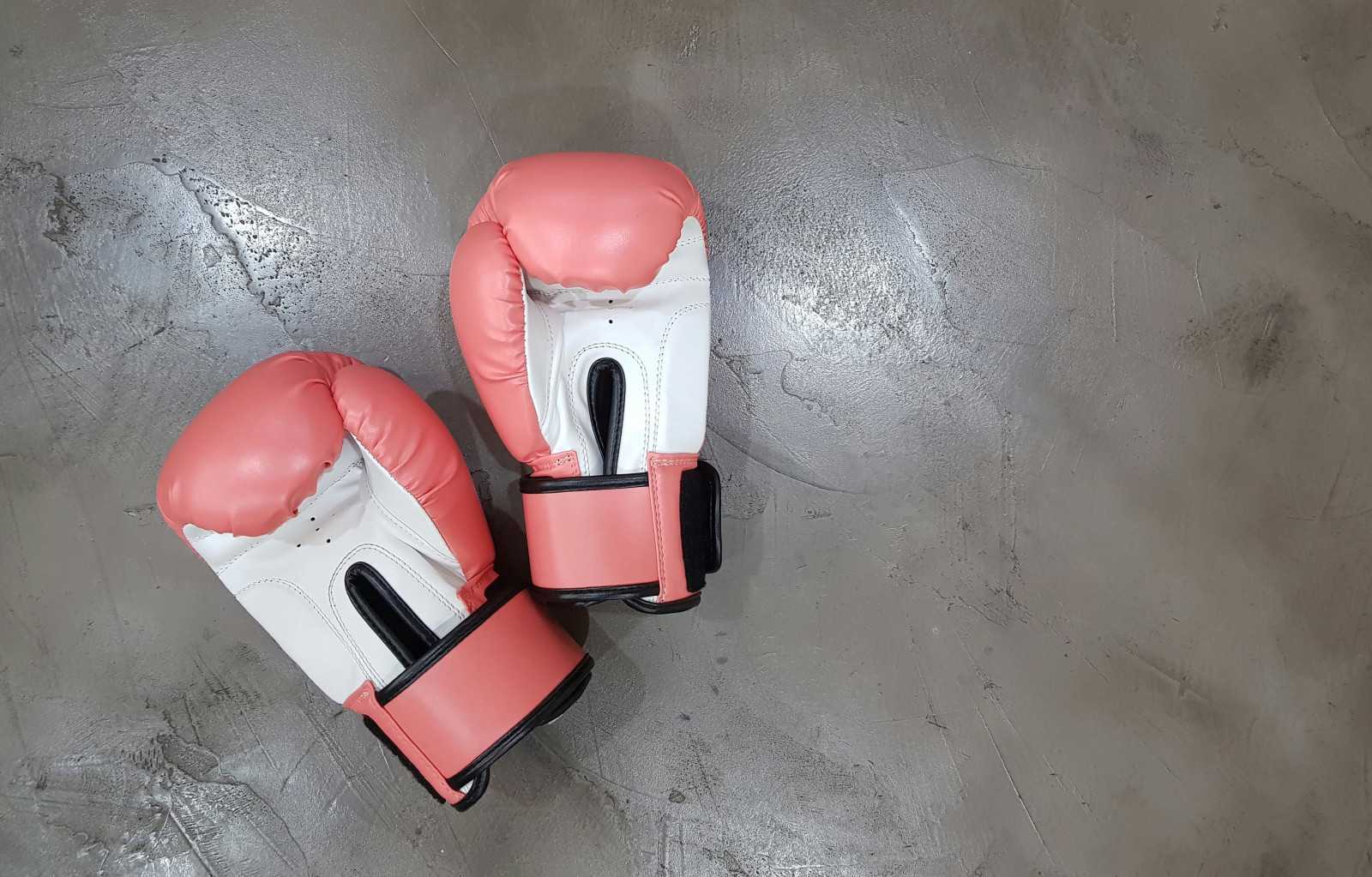Kendrick vs. Drake is a rare ‘mainstream’ moment — and streaming is on the sidelines

Photo: Arisa Chattasa

Over the last week, it has been hard to go anywhere, or speak to anyone, without some mention of the epic diss track battle between Drake and Kendrick Lamar. When is the last time we could say that about a pop culture moment?
The domination of Taylor Swift’s Eras Tour is arguably the only bit of music news in the last year that managed to cut across every niche and break into “mainstream” conversation. Otherwise, these types of cultural “water cooler” moments are getting fewer and further between, as culture continues to fragment into disparate niches, to the point where we no longer even share a common language. Yet the rap rivals have brought everyone together — even if they’re ripping each other apart.
Part of the reason is simply the perennial appeal of rap beef:
Fans get to participate through lyric decoding, theorising, and memes
Because rap is so lyric-driven, hip hop tends to have stronger characters and lore than other genres, giving fans more reasons to be invested
Updates happen quickly, even more so today
Featured Report
Defining entertainment superfans Characteristics, categories, and commercial impact
Superfans represent a highly valuable yet consistently underleveraged audience segment for the entertainment industry. What drives this disconnect is the fact that – despite frequent anecdotal use of the term – a standardised, empirical definition remains absent, preventing companies from systematically identifying, nurturing, and monetising th...
Find out more…Drama attracts – for better or for worse
Rap battles have also tended to be closely tied to social media rather than streaming. When time is of the essence, rappers might favour dropping a track on social media than going through the effort (and copyright hoops) of distributing it to DSPs. But more importantly, social media is where culture lives. This is why artists like Drake and Lamar are willing to sacrifice the potential revenue they would earn from first-day or first-week streams of their diss tracks in favour of quicker, stronger cultural impact. They have enough money in the bank already — and cultural relevance is more important for sustaining that wealth than anything else.
Of course, Drake, Lamar, and the long list of rappers drawn into their fight have certainly still benefited on the streaming front. But it is notable just how much these artists prioritise social activity above streaming gains. Many of the tracks were released to social platforms first, and some remain there. At the time of writing, Lamar’s “6:16 in LA” is not available on streaming at all and neither is Drake’s “Taylor Made Freestyle”. Meanwhile, YouTube and TikTok are awash with hundreds of thousands of videos where content creators are weighing in on the drama, often playing clips of the tracks or recording their live reactions. Some are even reporting that they have been allowed to use the songs in their monetised videos without getting issued copyright takedowns.
When it comes to rap battles, one might argue monetisation is besides the point. But it fits the continued shift in cultural value from streaming to social, which MIDiA argues is bifurcating the music industry into two parallel consumer worlds: LISTEN, where streaming plays the role of lean-back, passive consumption, and PLAY, where social platforms have a grip on culture, fandom, and active listening.
Though she would surely prefer to be removed from this narrative, Swift’s recent move to return her music to TikTok for the release of TheTortured Poets Department — despite her label home, Universal Music Group, publicly feuding with the platform over payments — echoes that social-first strategy. However important a better music licensing deal with TikTok may be for UMG, for Taylor it was more important to be able to dominate the cultural conversation on social media. In this instance, soft power trumps hard power.
So, let’s get this straight. Emerging artists are spending more time on social, because streaming is not delivering revenue, and social at least allows them to directly engage their fans. Meanwhile, superstars are leaving streaming money on the table for the pursuit of social activity, too. Where exactly does streaming fit in, except for being the consumption pipes?
It is clear that streaming must do a better job of re-building soft power. One path forward could be taking a stronger role in lyric decoding. Spotify and Apple Music now have lyrics, but Genius remains the leader for lyric annotations and additional context. However, without having real social functionality –– in a world where social media is ever entwined with daily life –– the major streaming platforms will likely always struggle to be part of the cultural conversation, and that is becoming a bigger problem for them.

There is a comment on this post, add your opinion.